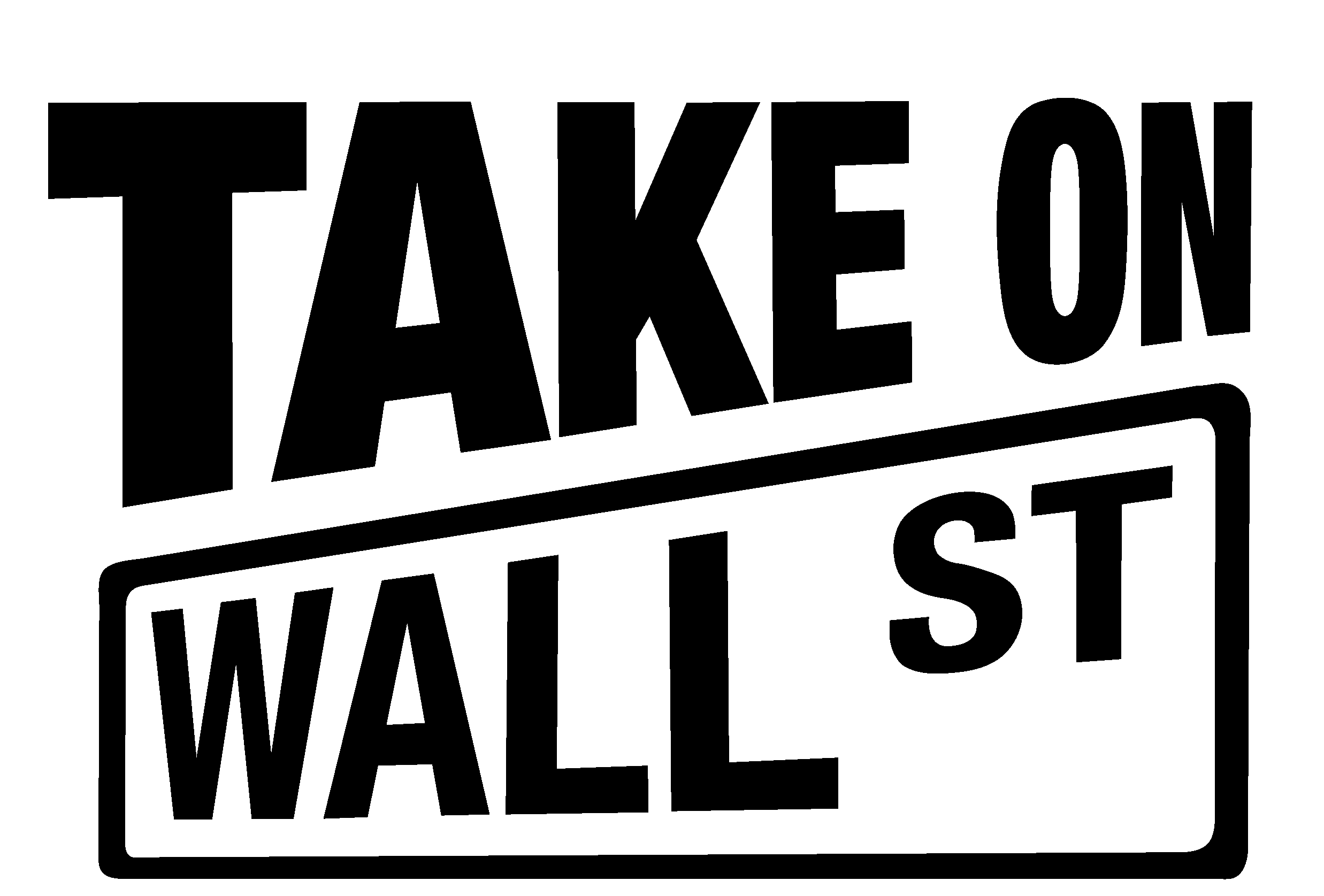$20 billion in IRS enforcement funding is at risk. Losing this funding would undermine the IRS’ ability to take action against tax evasion efforts by the ultra wealthy. Congress should act to unfreeze this IRS funding.
The Internal Revenue Service (IRS) enforcement funding allocated under the Inflation Reduction Act (IRA) is critical for addressing widespread tax evasion by wealthy individuals, large corporations, complex partnerships, and other pass-through businesses usually deployed by Wall Street companies like private equity firms and hedge funds.
Yet, with $21 billion rescinded and another $20 billion currently frozen, the agency is significantly under-resourced to combat sophisticated schemes that exploit tax loopholes or outright evade taxes. Without unfreezing the remaining $20 billion in funding, the IRS risks losing momentum in its fight against tax evasion from ultra wealthy tax cheats.
Since the fall of 2023, the agency’s revamped enforcement efforts have recovered over $1 billion from 1,600 millionaires, demonstrating the effectiveness of focusing on high-wealth individuals and entities. However, further progress requires skilled personnel, highly-trained accountants, and modern technology, all of which hinge on stable funding.
The IRS recently aimed to recruit more than 560 accountants to tackle complex cases involving partnerships and large corporations, but a funding freeze would stall these essential hiring efforts and could result in 6,000 fewer audits of rich tax cheats and 2,000 fewer audits of large corporations.
Meanwhile, lower-income individuals are disproportionately audited, while high-wealth individuals and entities face minimal accountability. This imbalance benefits Wall Street and the private equity industry at the rest of our expense, and perpetuates inequities in the tax system and injustices in our economy and society.
The share of pass-through businesses like private equity that faced audit of their operations has fallen by 40 percent since 2010 to just one out of every 500 of these complex firms—what a former IRS official described as “almost nonexistent.” This lack of oversight is particularly concerning given the complexity of vast networks of partnerships designed to obscure taxable income. These tactics contribute to a $75 billion annual loss from underreported partnership income, almost all of which (90 percent) goes to the top one percent highest income earners, who in total are not paying $160 billion in owed taxes every year.
Enforcing tax laws against those high-earners, large corporations, and complex partnerships has proven effective in closing that gap: for every dollar spent auditing high-income earners, the IRS recovers over $22 in revenue, underscoring the substantial return on investment that enforcement funding provides.
This post was authored by Oscar Valdes Viera.

Leave a Reply